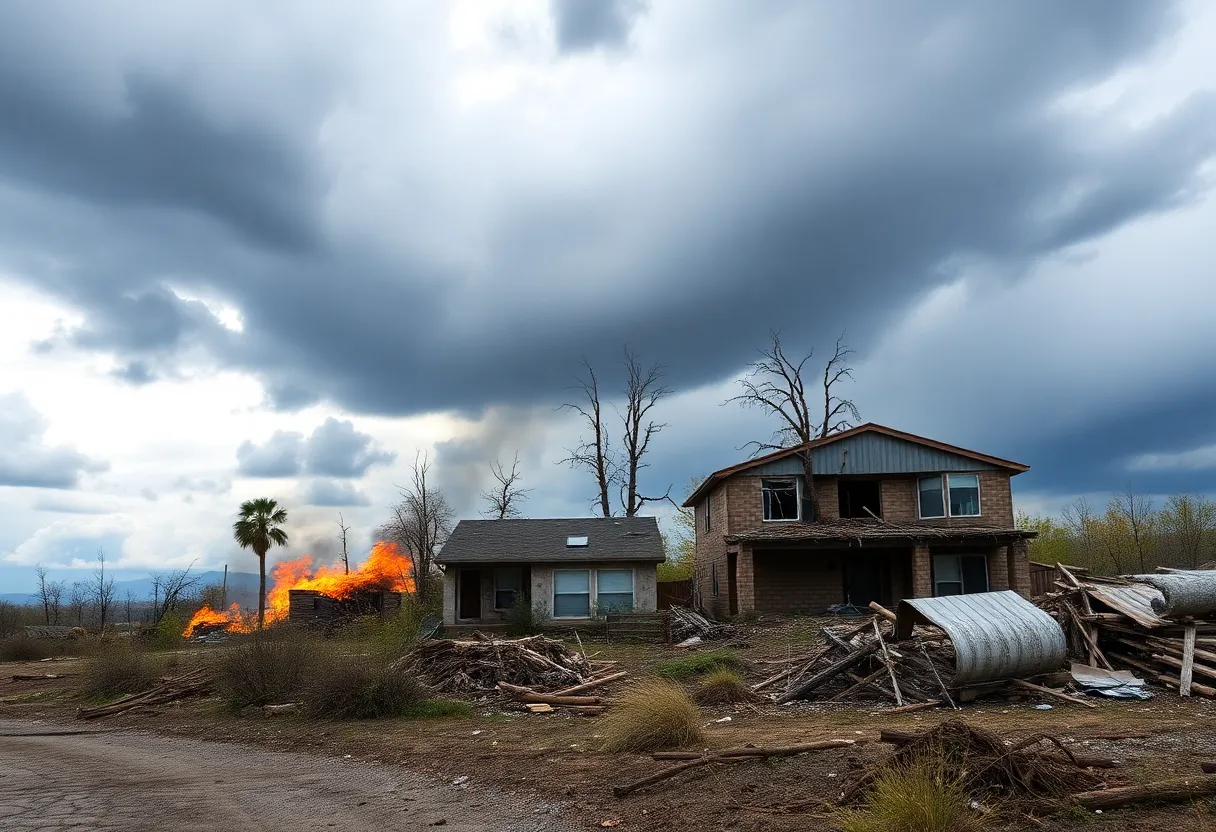University-Assisted Community Schools: A New Opportunity in Knoxville
Knoxville, Tennessee – The University-Assisted Community Schools (UACS) program has emerged as a vital initiative aimed at addressing the needs of children and families in the Knoxville and Sunbright communities. Established based on keen observations and community needs, this program serves as a beacon for children requiring support beyond traditional schooling hours.
Who Started the Program?
The UACS was founded by Bob Kronick, a professor emeritus at the University of Tennessee. Kronick, who had no previous professional experience in schools, saw a gap and a significant need for safe spaces for children after school hours. His background involved volunteering in clinics and coaching school programs, which provided him insight into the challenges faced by children and families in the community.
What Is the Initiative About?
The initiative focuses on repurposing empty school buildings, primarily after 3 p.m., to provide children with a safe environment. Kronick noted that many school facilities remain unused after regular school hours, and he argued that utilizing these spaces would not only promote safety but also address the concerns of “food deserts” and “childcare deserts.” The program aims to serve as a hub to meet various community needs, providing children with opportunities for learning, mentorship, and recreational activities.
Where and When Did It Begin?
The UACS started in Knoxville in 1990, expanding later to include the Sunbright community in Morgan County. Kronick recalls facing initial resistance from local officials, noting that the first superintendent he approached flatly refused the idea. However, persistence paid off when a subsequent superintendent showed interest and offered to support the initiative, allowing Kronick to move forward with the plan.
Why Is It Important?
The need for this program is clear. Kronick recognized a direct correlation between challenged children and challenged communities, leading him to understand that enriching and supporting children can also uplift their communities as a whole. By keeping school buildings functioning after hours, the initiative provides children with safe after-school activities that can significantly reduce troubling behaviors often associated with unsupervised free time.
Impact on the Community
Central to the success of UACS has been the involvement of University of Tennessee students who participated in establishing the program. Students from various healthcare backgrounds, particularly in medicine, made significant contributions through the “Clinic Vols” program, helping children who otherwise had limited access to health services. For example, alumni who participated have gone on to hold positions such as pediatricians and mental health professionals, illustrating the program’s lasting impact on both the students and the children they served.
Looking Ahead
Kronick emphasizes the continuing evolution of UACS, aiming to adapt and respond to the ongoing needs of the community. The project seeks to tailor its offerings based on feedback and the dynamic requirements of families served. The commitment to maintaining safety and enriching the children’s experiences remains at the heart of the initiative, encouraging community involvement and investment.
In closing, the UACS stands as a testament to the power of vision and collaboration. As Kronick continues to develop this model, he invites the community to engage and provide feedback, fostering a spirit of partnership that aims to build brighter futures for the children in Knoxville and beyond.






